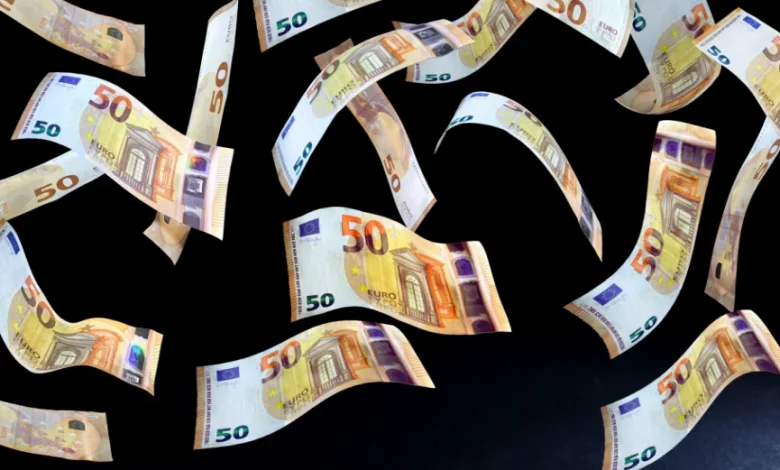Single fund, overall resources, common debt: in Council, only “noes” for MFF 2028–2034

Brussels – The multi-annual budget proposal continues to be disliked, and the Member States reject outright what the European Commission has put on the table and continues to support. The letter from the President of the European Commission, Ursula von der Leyen, attempting to calm the situation, served virtually no purpose, as condemnation was almost unanimous at the General Affairs Council meeting. The Ministers for European Affairs of Spain and France, Fernando Sampedro Marcos and Benjamin Haddad, explicitly say that “Von der Leyen’s letter is a first step, but it is not enough.” The clarifications offered are few; “more are needed.”
However, what is not liked around the table is the idea of a single fund merging agricultural policy (CAP) and cohesion policies, an idea rejected, for different reasons and with different nuances, by the ministers of 13 countries (Belgium, Croatia, Greece, Ireland, Italy, Latvia, Lithuania, Poland, Czech Republic, Romania, Slovakia, Slovenia, and Hungary). Specifically, Italy, as explained by the Minister for European Affairs, Cohesion and NRP, Tommaso Foti, believes that “cohesion is important to maintain long-term investments, and as the proposal stands, it does not seem guaranteed that this will continue to be the case.”
In general, it is believed that CAP and cohesion policies should remain two separate and distinct programmes, with the Slovenian government calling for an increase in the resources currently provided according to the Commission’s proposal.
Minister for European Affairs and Cohesion of the National Recovery and Resilience Plan, Tommaso Foti [Brussels, 17 November 2025. Photo: European Council]
The topic of money immediately provoked an outcry from the ministers of Austria, the Netherlands, and Sweden, the group of so-called “frugal” countries, which are mindful of public spending and therefore oriented towards austerity measures and budgetary rigour. It is believed that the almost €2 trillion for the MFF 2028-2034 is too much, which is why Austria is calling for the “rebate”, the refund for the national contribution to the EU budget, to be maintained in 2028 and beyond, while Sweden says “no” to the idea of increasing national contributions: “We need a better budget, not a bigger one,” cuts short Jessica Rosencrantz, Stockholm’s Minister for European Affairs. Malta also raises spending concerns due to a system that would increase the level of national co-financing, which is unsustainable for the island’s economy. Spain pushes back: “Any amount lower than that of the Commission should be excluded,” says Sampedro Marcos.
Moreover, the Netherlands and Sweden are leading the alliance against common debt instruments, which includes Finland and the Czech Republic. “There are already too many member states with high debt levels,” criticises David Van Weel, Minister for European Affairs in Amsterdam.
Around the table, the only non-critical voice is that of the German minister, Gunther Krichbaum, who urges partners not to dig their heels in: “The budget must be modernised,” he emphasises. Considering all the new challenges, from defence to support for Ukraine, “can we go on as we have done so far?” A question that marks the distance with tones and moods around the table, where the remaining tensions are for the Parliament. “The Council plays a fundamental role in the file,” emphasises Irishman Thomas Byrne. “We must ensure that the point of view of the States is guaranteed.” Ireland’s position is in line with that of Viktor Orban’s Hungary, in a political negotiation that is proving to be an uphill struggle, with disputes between countries and between institutions.
English version by the Translation Service of Withub





